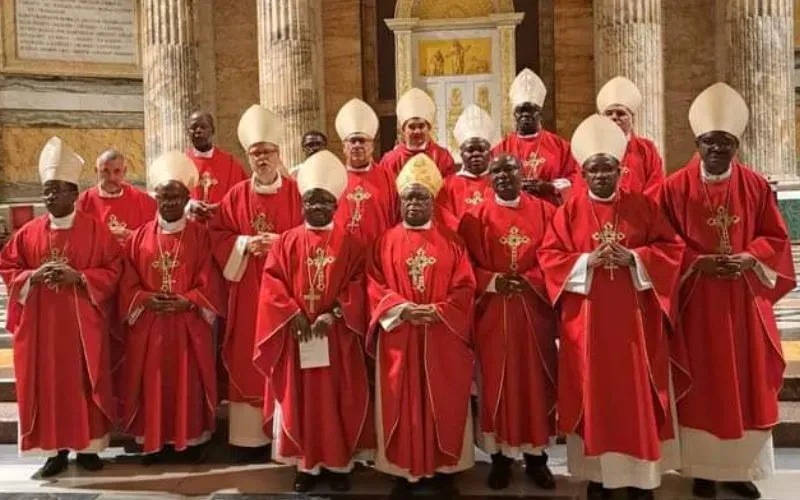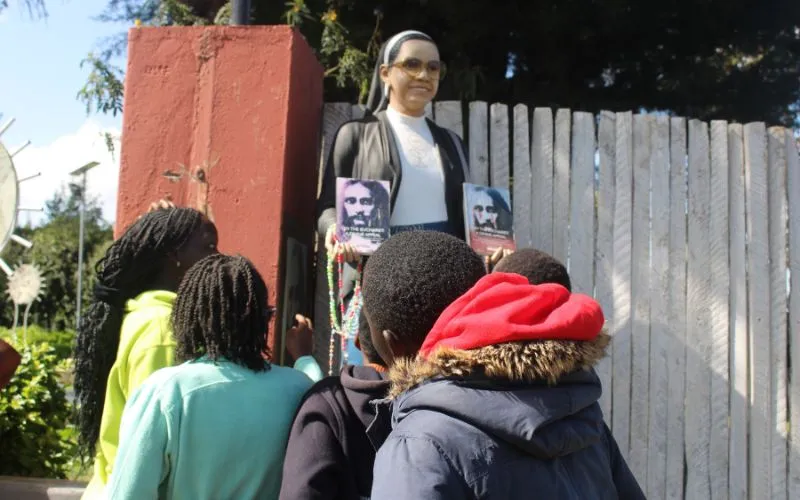“From Sunday, December 15, until Monday, December 23, at 12:00 PM, for a period of 15 minutes, we ask that everyone, wherever they are, pause their activities and pray the Our Father, the Hail Mary, and the Glory Be, offering these prayers for the intention of peace in our country,” they direct.
CEM members further direct, “Those who prefer may engage in personal prayer or meditation according to their faith or spiritual tradition, pleading for the gift of peace.”
Mozambique’s October 9 presidential election pitted Daniel Chapo of the Frente de Libertaçao de Moçambique (Frelimo) against pastor and former radio host Venâncio Mondlane, a 50-year-old newcomer to politics who vied as an independent and anti-establishment candidate; in 2023, he had been unsuccessful in his bid to become mayor of Mozambique’s capital city, Maputo.
While Daniel Chapo had been anointed in May to succeed President Felipe Nyusi, Venâncio Mondlane had the support of a small party called Podemos (Partido Optimista pelo Desenvolvimento de Moçambique), which Frelimo defectors founded.
Mozambique’s main opposition party, Resistência Nacional Moçambicana (Renamo) that was involved in the 1877-1992 civil war with Frelimo has been reportedly weak and divided.
The day following the presidential poll, Venâncio Mondlane declared victory. On October 16, he called on his supporters to join demonstrations and participate in general strikes against the electoral processes; he capitalized on some credible allegations of irregularities from civil society entities and foreign observers.
The protests intensified when, on October 24, Mozambique’s National Electoral Commission (CNE) declared that Frelimo had won the poll, extending its 49-year hold on power.
In a December 2 BBC interview, Venâncio Mondlane said the protests need to continue for “maybe two to three months.” The BBC report further indicates that at least 67 people have been killed since the protests began.
In their December 11 message, CEM members appeal for participation in the spiritual initiative, and add, “May this collective effort, guided by a spirit of unity, solidarity, and a sincere desire for the common good, help us build a more just, peaceful, and fraternal society in our country.”
“Let us trust that through the intercession of the Queen of Peace, the saints of Heaven, our ancestors who served God with sincere hearts, and the goodwill of each individual, we can find paths of serenity, dialogue, and peaceful coexistence in diversity,” Mozambique’s Catholic Bishops implore.





